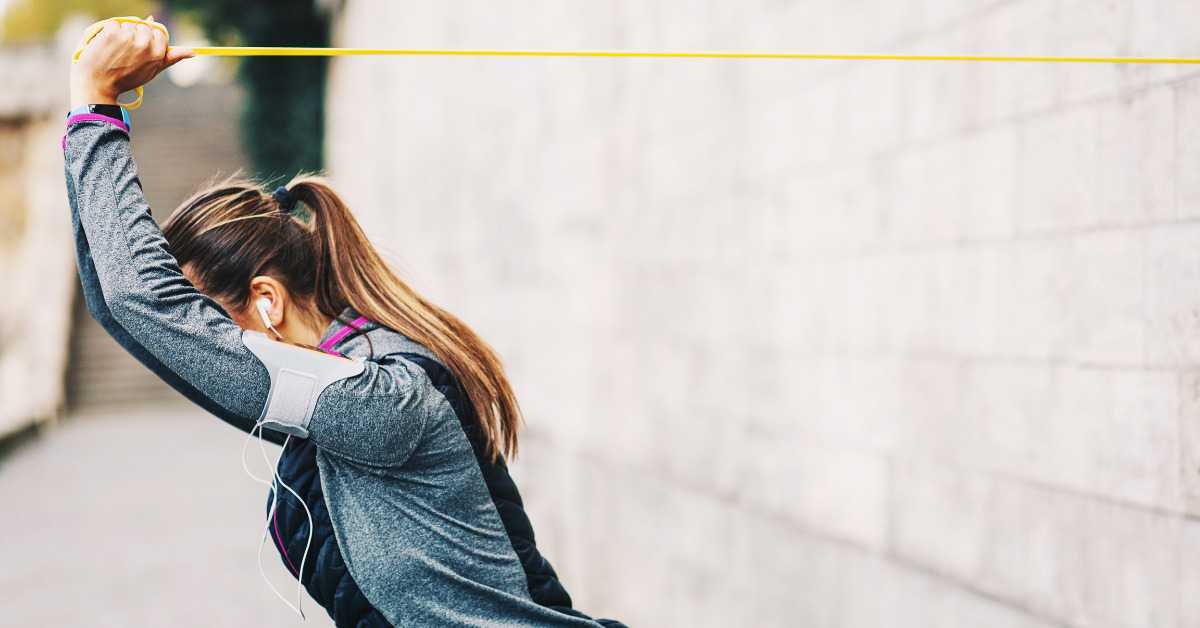When starting a fitness journey, it’s critical to make sure you’re feeding your balanced body meals. Whatever your fitness goals are, you’ll need your daily food and liquid consumption to fuel your workout during Ramazan.
Workout during Ramazan can be a bit harder. Ramazan has a fasting period between dawn and sunset to make workouts harder, making it challenging to maintain a balanced diet and exercise routine.
Maintaining a workout routine while fasting is typical, and some claim to feel more energetic.
When working out during Ramazan, consider how your body feels during fasting. If you exercise on an empty stomach, you may experience dizziness and fainting due to reducing blood sugar levels and a drop in blood pressure.
Consulting a general physician will also help maintain your hydration levels during Ramazan.
The Best Time to Workout During Ramzan
You risk harming your health if you push yourself too hard during the fast, from daybreak to sunset. Engaging in rigorous cardio or heavyweight exercise is not suggested when fasting, and you should also limit your cardio workouts to two sessions per week throughout the Ramzan.
You can workout during Ramzan at the following times:
90 Minutes Before Dawn
You’ll have plenty of time to drink water and reap the benefits of exercising without eating if you do a short workout in the afternoon.


This is not the time for high-intensity interval training (HIIT) but low-impact resistance training (LIIT), emphasizing flexibility and mobility activities. At this time, a quick brisk stroll or brief jog is also recommended.
After Iftar
One hour after Iftar, weight training can be done when cardio is more difficult due to a full stomach. If you plan to exercise shortly after eating, make sure you’re fully nourished with food and fluids.
Related: How to Stay Full during Ramadan? 10 Amazing Foods!
During Midnight
If you’re a night person, workouts should be done between 11 p.m. and 2 p.m. so that your food has had time to settle and your body has had a chance to rehydrate. Afternoon exercise can be advantageous because it is cooler than daylight, and you will still have a few extra hours of sleep before waking up in the morning.
Just Before Suhoor
The best time to exercise for early risers is just before your morning suhoor. As a result, you’ll be able to keep your energy levels from the night before, but you won’t be able to eat anything. You can drink water while working out and then eat to replenish your energy. You’ll also feel more attentive and prepared for the day ahead.
Also read: Can you lose weight in Ramzan?
Best Tips To Workout During Ramazan
Adjust Proper Time
The type of workouts you do and the amount of time you spend working out are important. You want to work out when you’re well-rested and can eat something afterward.
After fasting but before the major iftar meal and before suhoor are the best times to eat. Before breaking your fast, you may be allowed to work out on an empty stomach, as long as you’ve done so regularly.
Diet Plan
It is important to refuel your body with carbohydrates before and after exercise. Lean meats, beans, lentils, or protein shakes can be added to your diet in addition to vegetables and wholegrain substitutes for pasta and rice. Before, during, and after your workouts, drink enough water.
Also Read: How to avoid empty stomach acidity during Ramazan?
Do Resistance Training
During a fast, your body may use protein reserves in addition to carbohydrates stored as a source of energy, which might lead to muscle loss. When it comes to maintaining muscle mass, resistance training can be helpful in exercises like squats, push-ups, and lunges.


Cardio Workout
Glycogen levels will be preserved by low-intensity exercise while fasting, preventing the body from having to resort to protein as a source of energy. A brief walk before Iftar is a healthy and efficient strategy to burn calories.
Workout To Maintain, Not To Gain
Ramadan’s fasting makes it practically hard to grow muscle throughout the month of fasting. Consider performing more weight training or resting a few days instead of just working out to become in shape.
Ramadan is the perfect time to take a break from your workouts to get back into the swing of things after the month is through.
Book an appointment now to answer all your queries. You can book an appointment with the top Bariatric Surgeons in Faislabad through Marham by calling the Marham helpline: 0311-1222398 or by online booking facility through the website or Marham mobile app.
| Android | IOS |
|---|---|
  |
  |
FAQs
1. What type of exercise is best during Ramadan?
Walking instead of running, moderate stretches, mobility work, and gentler gym sessions are the best workouts during Ramazan.
2. How can I lose weight in Ramadan?
To eat less at Iftar, take your time and savor every bite of food. To avoid overeating, eat the main course of your meal about an hour or two after Iftar.
3. Can I work out before Iftar?
Light cardio, such as jogging, riding, or yoga, should be done 20 to 45 minutes before Iftar. You can also do a 10- to 20-minute bodyweight workout for high-intensity training.

